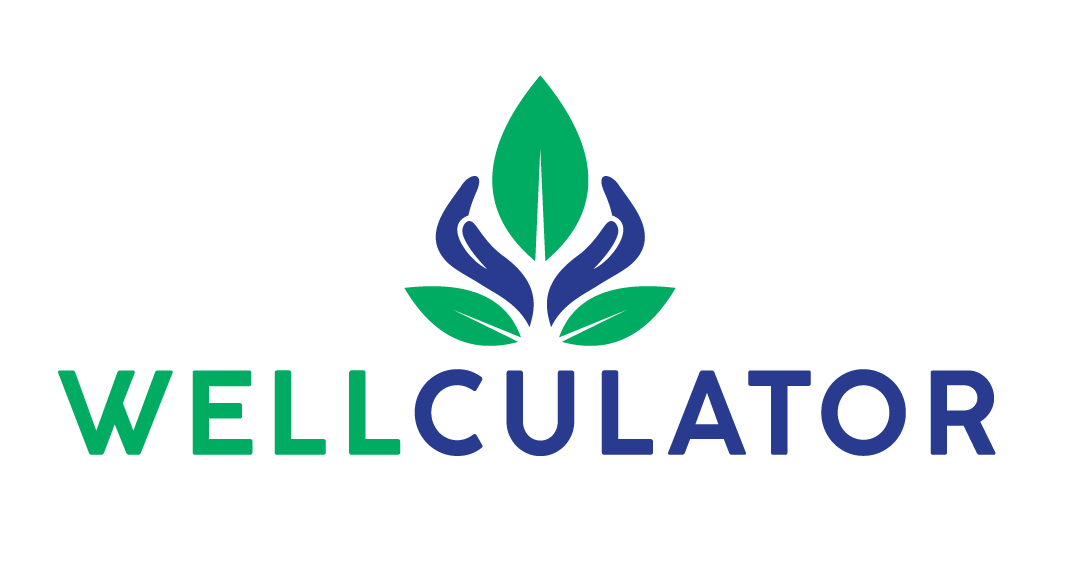From Stress FULL to Stress LESS
Oct 01, 2021
“Although the stress response was involuntary, the relaxation response requires practice.” Linda Lantieri
How are you feeling right now? Start with your jaw. Are you perhaps clenching it just a bit? It may even be aching or throbbing from grinding your teeth last night. And your neck? Your shoulders? Are you hunching them up? And that 'gut' feel – are you feeling at peace, or are those butterfly flutterings keeping your heart racing, perhaps even palpitating? If you answered no to these questions, then you’re part of the fortunate minority. The sad reality is most of us are carrying stress with us, even while we sleep and are meant to be deeply resting.
The good news is that we can retrain ourselves to be more mindful and AWARE of how stress manifests physically in our bodies and minds. That is how we can learn to counteract, or at the very least, minimise the negative impacts. I’m going to go over two mindfulness exercises with you. They are just 60 seconds each. So, set your timer (perhaps give yourself an extra 5 seconds just to settle and relax) and try one or both:
1. Close your eyes – you can be sitting in a comfortable position or lying down if you so wish. Begin to scan your body, and as we work our way from top to bottom, notice any tension you may be holding on to. Do this without putting any pressure on yourself to change anything. Notice how you feel, and if you wish to relax any tension then that’s great. Start from your scalp, move down, to your eyes, your chin, shoulders, chest, arms, pelvic girdle, your upper legs, knees, calves, and down to your feet, and to the very tips of your toes.
2. The next is noticing your breath cycles. Close your eyes. Bring your awareness to how many breath cycles you take in one minute. One inhale and exhale is one breath cycle. If you find your mind wondering, gently bring it back to your breath.
How are you feeling now, compared to just a short minute ago? Your jaw, your shoulders, that nagging anxiety in the solar plexus? Has it minimised?
Just like a sprinkling of salt can add the perfect seasoning to a meal, so too can little, mindful moments practiced through the day, lift your presence and awareness.
We must control our stress levels because not only does it feel horrid to be stressed, but it's bad for us from a health perspective. And when I refer to health, I’m giving an equal rating to physical, emotional, and mental health – they are as important as each other.
Stress was (or is) intended to protect us. When confronted with a grizzly bear protecting her cute little cub, our body needs to make a plan. And let's be honest, any of us would welcome some help when faced with giant size paws, a maternal instinct, and an impressive set of teeth. This is when the fight-or-flight stress response kicks in. I’d most likely go with the flight option in this case! I have a sneaky suspicion the mama bear might come out tops in a fight.
Let’s delve into the science behind our ingeniously created bodies and how stress is intended to protect us:
1) When you realise that the reason you can see the mama bear's teeth so clearly, isn't because she's smiling at you, your alarm centre in your brain, the hypothalamus sets off a series of events to help you have the best chance of survival.
2) This system prompts the adrenal glands, walnut sized organs that sit on top of your kidneys to release a cascade of countless hormones that include adrenalin and cortisol.
3) Adrenalin increases your heart rate, increases blood pressure, and heightens energy supplies. This is necessary for you to be able to flee or to fight the immediate danger.
4) Cortisol increases glucose in the bloodstream, enhances the brain's use of glucose, and ups the availability of substances that repair tissues. It also halts nonessential functions that may be disadvantageous in a fight-or-flight scenario. This includes suppressing the digestive system, the reproductive system, and growth processes. Communication is also sent to the part of the brain that controls motivation and fear.
Now your body is set to run like your life depends on it – which it does!
So, in this instance, stress aids us. The body's good intentions go wrong when the prevalent stressors in today's world keep the flight-or-flight switch permanently flicked up. The long-term activation of the stress-response system can disrupt almost all the body’s processes: mental health, digestive issues, headaches, heart disease, weight gain, and poor sleep, memory, and concentration. The thought of those side effects is in itself stressful, so let’s instead focus on how we can better manage unavoidable stress.
My first recommendation would be to move to an island and swing in a hammock to an orchestra of lapping waves. Who's coming?
Ok, so before we all escape to our island utopia, let's look at how to keep stress in its timeout corner:
1) Healthy diet – this is so important because it supports good gut health which is a significant part of our immune response.
2) Exercise
3) Solid sleep
4) Breathing techniques
5) Mindful awareness (like the one we did together earlier)
6) Carefree activities with friends or family
7) Giving back – this gives perspective and gets you out of your head
8) Professional counselling
And most important? Add more playfulness and laughter! Dr David Rock and Daniel Seigel designed the "Healthy Brain Platter" which includes essential ingredients for good mental health, one of them is PLAY.
 If you are not yet familiar with my WELLCULATOR, I encourage you to do the assessment that can be found on my website – WELLCULATOR ASSESSMENT. Points 1 – 5 that we’ve just gone over are lifestyle choices addressed in the WELLCULATOR. All other points (there are 10 in total) are related to stress. My clients have all found this exceptionally helpful, and I’m sure you will too if you haven’t yet tried it.
If you are not yet familiar with my WELLCULATOR, I encourage you to do the assessment that can be found on my website – WELLCULATOR ASSESSMENT. Points 1 – 5 that we’ve just gone over are lifestyle choices addressed in the WELLCULATOR. All other points (there are 10 in total) are related to stress. My clients have all found this exceptionally helpful, and I’m sure you will too if you haven’t yet tried it.
So, do you see how health and happiness require holistic health?
If you follow these recommendations, all else will fall into place with much more ease, and holistic wellbeing will be the ultimate (wonderful!) consequence. After all, it is our duty to honour our bodies and this beautiful, blessed life we've been given.
